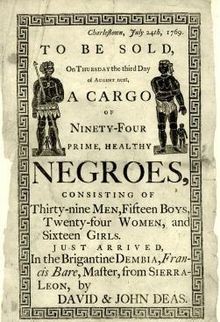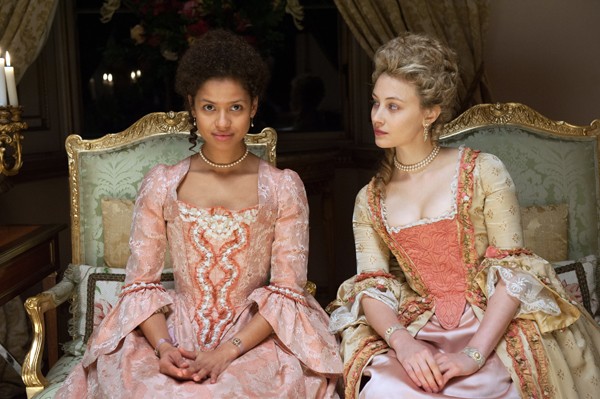Faith leaders from the state of Tennessee voiced support for Tennessee’s proposed Constitutional Amendment 3 during a Yes On 3 news conference Tuesday.
On the November 8th state and federal general election ballot, Tennessee voters will see four proposed amendments. These will be presented as yes or no questions, according to the Secretary of State’s office.
Constitutional Amendment 3 would change the part of the Tennessee Constitution, which says that “slavery and involuntary servitude, except as punishment for a person who has been duly convicted of crime, are forever prohibited in this State.” The amendment would delete this current language and replace it with: “Slavery and involuntary servitude are forever prohibited. Nothing in this section shall prohibit an inmate from working when the inmate has been duly convicted of a crime.”
Many were shocked that this language still existed in the Tennessee Constitution. Rev. Kenneth Saunders of St. James Episcopal Church in Greeneville, Tennessee said he was not “knowledgeable of the language of the Constitution, and that it contained such an exception clause,” and that he was “struck” that this language even existed.
According to the Yes On 3 campaign, this amendment passed as a Senate joint resolution in 2019 and 2021. In 2019, SJR0159 was sponsored by state Sen. Raumesh Akbari (D-Memphis), approved by the state Senate on March 25, 2019, and approved by the state House on April 22nd, 2019. The companion resolution, SJR0080, was approved by the state Senate on March 15th, 2021, and by the state House on May 4, 2021.
The Tennessee-Western Kentucky annual conference of the United Methodist Church also passed a resolution on Amendment 3 on June 16th, 2022, by a vote of 712-70.
The Yes On 3 campaign describes slavery as a “deep, moral wrong, and a violation of our best values, and a stain on our state and its history.” The campaign also states that “no person should ever be enslaved or treated as a slave for any reason.”
Rev. Jeannie Alexander of Earthfire Abbey in Old Hickory, Tennessee said that the Constitution serves as not only a legal document, but a moral document and that as clergy, the only moral response to slavery is the “abolition of slavery.”
“We’re not just going to make history on November 8th,” Alexander said. “We’re going to change lives.”
According to Alexander, this language still allows for slavery to be a “punishment for the commission of a crime.”
“While someone may be socially segregated, someone may be a prisoner, by God no one should be a slave,” said Alexander.
Rev. Daryll Henry Coleman of Lane Chapel Christian Methodist Episcopal (CME) Church serves as a professor at Lane College, where he teaches a class on the history of the Black church. Coleman states he deals with issues in the Constitution, and slavery still being included represents a “dehumanization, a devaluation of personage and people.”
Coleman also represents the African American Clergy Collective of Tennessee which stands to be the “historical, prophetic voice of the African American church.”
While there is much debate about mixing politics and religion together, Saunders said that this is not a political issue, but rather a “moral issue.”
“We don’t check our Christian ethics at the door when we go to the polls,” said Saunders. “We take who we are as baptized persons, embodying a people of faith to the voting ballot. It’s a call to do right by saying that slavery no longer exists. People don’t have the right to own each other, and it’s a value statement on how we are as people of God.”
Bishop Brian Cole from the Episcopal Diocese of East Tennessee (Knoxville) said that this will give Tennessee the ability to “right a historical wrong.” By doing this, Cole said this will give Tennessee the opportunity to acknowledge its history of racism, while actively working towards efforts around racism and to “be more of who God has called us to be.”
“Whenever we baptize, we invite folks to see Christ in all persons, and to also respect the dignity of every living person and every human,” Cole said. “For us, this is an easy, but really important way to do so. We say it’s easy, but these documents matter.”


